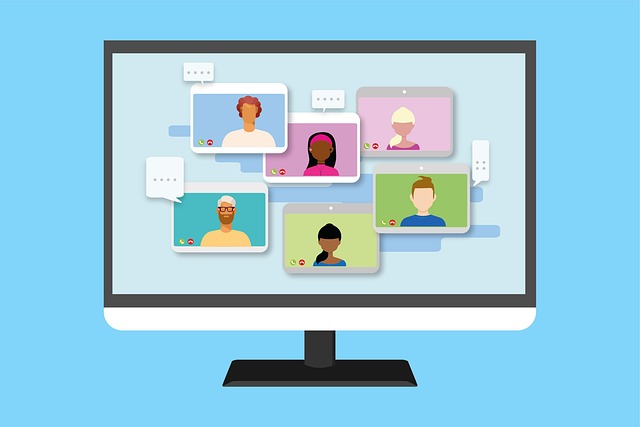Chronobiology: The Science of Your Body's Natural Rhythms
The fascinating world of chronobiology unveils the intricate dance between our internal clocks and the external environment. Have you ever wondered why you feel energized at certain times of the day or why jet lag hits you so hard? The answer lies in the complex interplay of biological rhythms that govern our lives. Let's dive into this captivating field and explore how understanding our body's natural cycles can revolutionize our approach to health and wellness.

Our circadian rhythm influences everything from hormone production and body temperature to metabolism and sleep-wake cycles. It’s why we tend to feel alert in the morning and sleepy at night, and why our digestive system is more active during the day. Understanding these natural rhythms can help us optimize our daily routines for better health and performance.
Chronotypes: Are You a Night Owl or an Early Bird?
One of the most intriguing aspects of chronobiology is the concept of chronotypes. These are individual differences in circadian rhythms that influence when we feel most alert and productive. While the traditional categorization of early birds (morning larks) and night owls is well-known, recent research suggests a more nuanced spectrum of chronotypes.
Scientists have identified four main chronotypes:
-
Bears: The most common type, with sleep-wake cycles that follow the sun
-
Lions: Early risers who are most productive in the morning
-
Wolves: Night owls who prefer evenings and late nights
-
Dolphins: Light sleepers with irregular sleep patterns
Understanding your chronotype can help you align your daily activities with your body’s natural rhythms, potentially boosting productivity and well-being.
Chronomedicine: Timing Is Everything
The field of chronomedicine explores how the timing of medical interventions can impact their effectiveness. This innovative approach takes into account the body’s natural rhythms to optimize treatment outcomes. For instance, research has shown that the efficacy of certain medications can vary depending on when they’re administered.
Studies have found that taking blood pressure medication before bedtime, rather than in the morning, can be more effective in controlling hypertension. Similarly, the timing of chemotherapy treatments can influence their impact on cancer cells while minimizing side effects on healthy tissues.
As chronomedicine advances, we may see more personalized treatment plans that consider not just what medications to take, but when to take them for maximum benefit.
Chronoexercise: Optimizing Workouts with Biological Rhythms
The concept of chronoexercise suggests that the timing of physical activity can influence its effectiveness. Our body’s natural rhythms affect various factors that impact exercise performance, including body temperature, hormone levels, and cardiovascular function.
Research indicates that exercise performance tends to peak in the late afternoon or early evening when body temperature is at its highest. However, morning workouts have been associated with greater fat burning and improved metabolic health.
The key is to find a balance between your chronotype, daily schedule, and exercise goals. For instance, night owls might benefit from evening workouts, while early birds could maximize their morning routines with exercise.
Chrononutrition: Eating in Sync with Your Body Clock
Chrononutrition explores how the timing of meals can impact our health and metabolism. Our digestive system, like other bodily functions, follows a circadian rhythm. This means that our ability to process and metabolize food varies throughout the day.
Research suggests that eating in alignment with our circadian rhythms can have significant health benefits. For example:
-
Eating a larger breakfast and smaller dinner may support weight management and metabolic health
-
Avoiding late-night snacking can improve sleep quality and digestion
-
Timing protein intake around workouts can enhance muscle growth and recovery
By considering not just what we eat, but when we eat it, we can potentially optimize our nutritional intake and support our body’s natural processes.
Harnessing the Power of Biological Rhythms
-
Maintain a consistent sleep schedule, even on weekends, to support your circadian rhythm
-
Expose yourself to natural light in the morning to help regulate your body clock
-
Consider your chronotype when scheduling important tasks or meetings
-
Experiment with workout timing to find what feels best for your body
-
Be mindful of meal timing, especially avoiding large meals close to bedtime
-
If traveling across time zones, gradually adjust your sleep schedule before departure
As we continue to unravel the mysteries of chronobiology, it becomes clear that working with our body’s natural rhythms, rather than against them, can lead to profound improvements in health and well-being. By aligning our daily activities, from sleep and exercise to medication and meals, with our internal clocks, we can optimize our physical and mental performance. The future of health and wellness lies not just in what we do, but in when we do it, opening up exciting possibilities for personalized, time-based approaches to living our best lives.





